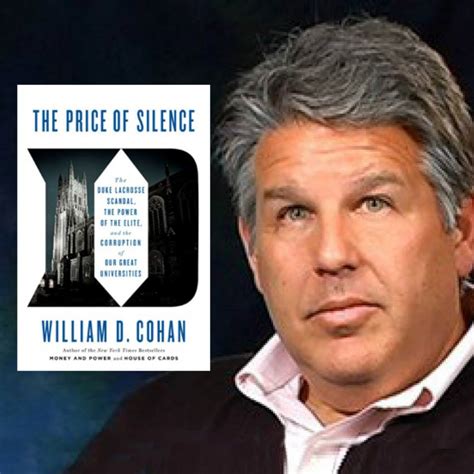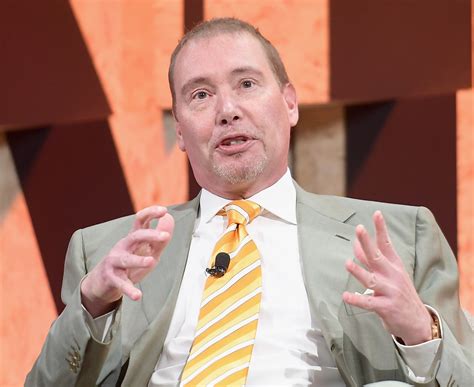A Quote by Barbara Ehrenreich
I realize that after decades of positive thinking the notion of realism, of things as they are, may seem a little quaint. ... When the stakes are high enough and the risks obvious, we still turn to people who can be counted on to understand those risks and prepare for worst-case scenarios. A chief of state does not want to hear a general in the field say that he 'hopes' to win tomorrow's battle or that he's 'visualizing victory'.
Quote Topics
Related Quotes
When large companies take on risk, then they impose risks on the rest of the system. And these are systemic risks and these systemic risks we never used to think were really that important, but as soon as we recognize how the financial sector - the risks the financial sector takes on can impact the entire global economy, we realize that those risks needed to be controlled for the social good.
The trouble is that the risks that are being hedged very well by new financial securities are financial risks. And it appears to me that the real things you want to hedge are real risks, for example, risks in innovation. The fact is that you'd like companies to be able to take bigger chances. Presumably one obstacle to successful R&D, particularly when the costs are large, are the risks involved.
A big part of making an album is that you want to have enough material - you want to have enough stuff for people to hear and know that it represents you. So it does sometimes turn into a situation where you're saying to the person you're working with, "Well, what do you want?" But then there are other times when I work with people and they'll turn to me and say, "How do you want to do this?" And that's actually when I work best.
...the more risks you allow children to take, the better they learn to take care of themselves. If you never let them take any risks, then I believe they become very prone to injury. Boys should be allowed to climb tall trees and walk along the tops of high walls and dive into the sea from high rocks... The same with girls. I like the type of child who takes risks. Better by far than the one who never does so.
Nothing can be left until the last minute, so that everyone knows exactly where they are. Everyone is comfortable and everyone feels safe because we want people to be able to keep coming into this show and taking those risks. There are a lot of risks in this show, not just nudity, but emotional risks. We want the best actors to feel comfortable about coming in and exploring this subject matter with us.
The thing is doing it, that's what it's all about. Not in the results of it. After all what is a risk? It's a risk not to take risks. Otherwise, you can go stale and repeat yourself. I don't feel like a person who takes risks. Yet there's something within me that must provoke controversy because I find it wherever I go. Anybody who cares about what he does takes risks.
I think that's something that investment banks have worried about for a long time and are continuing to worry about, but it's not an easy solution when you have lots of people betting the company's money, how do you really allocate those risks? How do you make sure that the people that take the risks are feeling the risks in an appropriate kind of fashion?





































